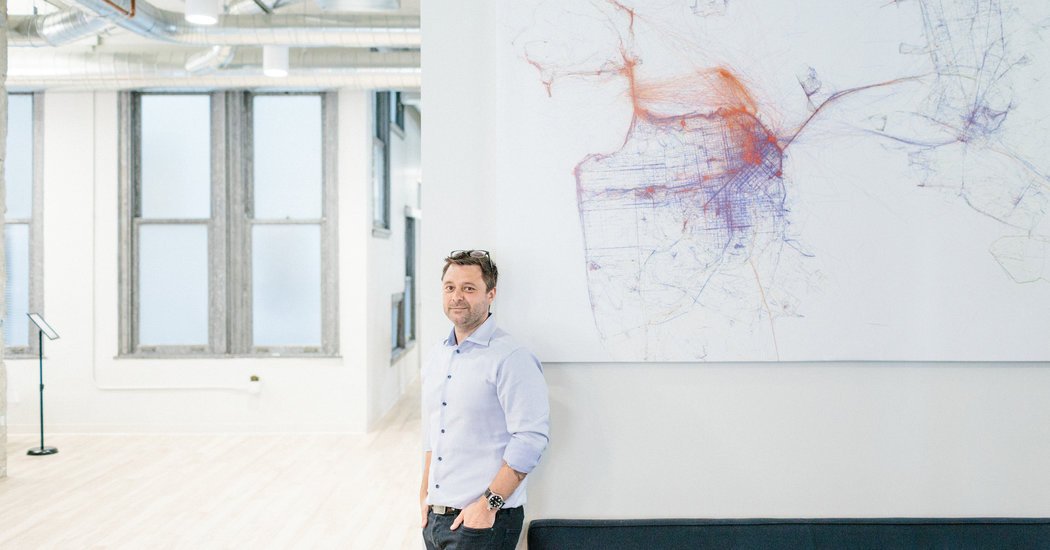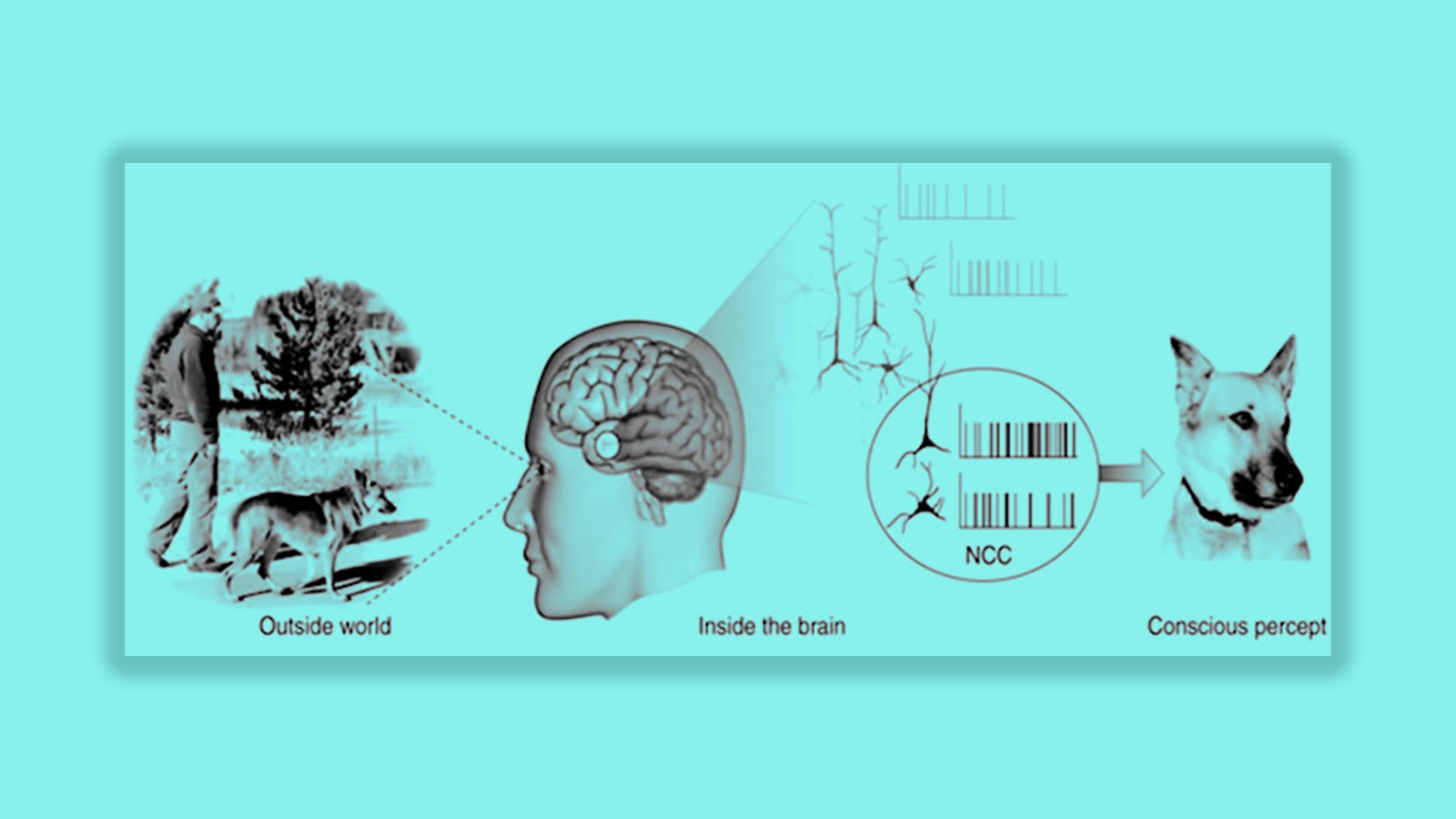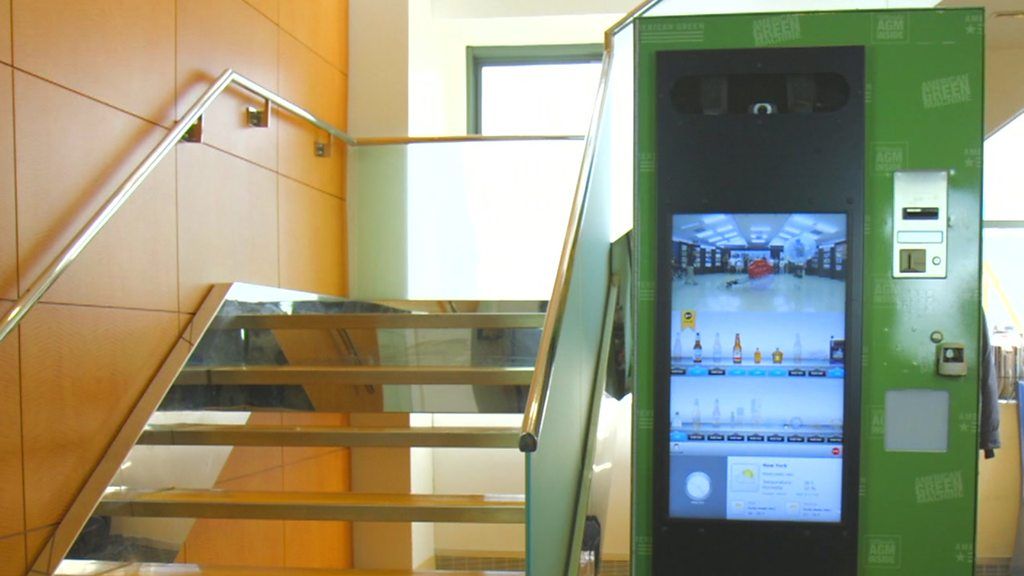What Mr. Son laid out for Mr. Gundersen helps explain why SoftBank and its Vision Fund have invested billions of dollars in a seemingly random sample of more than two dozen companies since the fund was announced. The investments span robotics software start-ups like Brain Corp and the indoor farming business Plenty, as well as more prominent companies like the business software maker Slack. The deals have run the gamut from smaller investments in start-ups to larger deals with public companies.
Credit
Alessandro Di Ciommo/NurPhoto, via Getty Images
Yet the companies all have something in common: They are involved in collecting enormous amounts of data, which are crucial to creating the brains for the machines that, in the future, will do more of our jobs and creating tools that allow people to better coexist.
Most recently, SoftBank has been involved in a plan to buy nearly a fifth of the existing stock of Uber, the world’s biggest ride-hailing company and one that has changed the transportation industry. SoftBank is aiming to accumulate Uber’s stock through a tender offer that could value the company at a discount to its current valuation of $68.5 billion, according to people briefed on the negotiations, who spoke on the condition of anonymity because the details were confidential. The tender offer could still fall apart, one of the people said.
If it ends up being completed, Mr. Son would own significant chunks of ride-hailing companies globally because SoftBank already owns stakes in Uber’s rivals like Didi Chuxing in China and Ola in India. Altogether, SoftBank would have a network of companies that gather valuable logistics data and operate large, connected fleets that could work well with self-driving car technology.
“Location data is central and mission critical to the development of the world’s most exciting technologies,” Rajeev Misra, who helps oversee SoftBank’s Vision Fund, said about Mapbox in a statement on Tuesday. He added that the investment was part of SoftBank’s plan to put money into “the foundational infrastructure for the next stage of the Information Revolution.”
SoftBank declined to comment further for this article.
For more than three decades, Mr. Son has consistently made over SoftBank with acquisitions and investments to keep it on the cutting edge. The company began in 1981 as a PC software distributor in Japan and expanded to the United States in 1994 with the acquisition of the PC trade show operator Comdex.

Credit
Jason Henry for The New York Times
Mr. Son later became the largest shareholder of Yahoo, started Yahoo Japan and, in the last decade, invested in broadband and telecommunications companies — SoftBank agreed to buy the majority of Sprint for $21.6 billion in 2012 — anticipating the need for high-speed connectivity. He has also invested in e-commerce companies, including the Alibaba Group of China and Gilt Groupe, as well as video game businesses like Supercell and media like HuffPost and BuzzFeed.
In a speech last month in New York, Mr. Son declared that in 30 years, there would be as many sentient robots on Earth as humans and that those robots, which he called metal collar workers, would fundamentally change the labor market.
“Every industry that mankind ever defined and created, even agriculture, will be redefined,” Mr. Son said. “Because the tools that we created were inferior to mankind’s brain in the past. Now, the tools have become smarter than mankind ourselves.”
Mr. Son is having many of the same conversations with entrepreneurs these days as he looks to spread investments from the Vision Fund. Many entrepreneurs said Mr. Son’s conversations jumped from philosophical discussions about technology’s impact on humanity to the minutiae of a technical problem.
Mr. Son recently told Matt Barnard, the chief executive of Plenty, that computers were ushering in a revolution in agriculture not seen since the invention of the plow. Mr. Son led a $200 million investment in Plenty in July, part of an effort to make it a global leader in indoor farms. Plenty, which has no farms operating at scale, is now planning to open its first farm, in South San Francisco, by the end of the year.
“I really do like to believe he likes us a lot,” Mr. Barnard said of Mr. Son. “I’d say the thing we have in common with his other investments is that they are all part of some of the largest systems on the planet: energy, transportation, the internet and food.”
Some entrepreneurs travel the globe to spend time with Mr. Son at his palatial home in Woodside, Calif., and his offices in India, San Francisco and Tokyo. The SoftBank chief is known for almost always smiling and speaking slowly. He rarely picks up phone calls, and his email signature includes the whirring fan icon that shows a computer is booting up, or “thinking.”
Many of the entrepreneurs speak of Mr. Son with reverence.
“Only people close to him know how huge his vision is,” said Eugene Izhikevich, the chief executive of Brain Corp, a company based in San Diego that makes the software that controls autonomous robots.
Mr. Son’s engineers stumbled on Brain Corp when they were looking for self-driving car technology. Mr. Izhikevich was soon seated across from Mr. Son, talking about robotics as well as how Britain operated 200 years ago when the landed gentry did not work, but came up with new inventions and business improvements.
Like many other entrepreneurs, Mr. Izhikevich said SoftBank moved “scary fast” to sew up its investment. Mr. Son’s team swarmed Brain Corp’s businesses and spent hundreds of hours on due diligence, wrapping up in a few months.
Unlike other investors, Mr. Son, who is already talking about a second Vision Fund, does not insert himself into the day-to-day operations of most of the companies he has invested in. His Sprint deal has yet to pan out and may be dependent on merging with another company. When other investments have lagged, as did his investment in Snapdeal, an online retailer in India, he has invested in competitors, leading a $2.5 billion investment into Flipkart, a rival Indian e-commerce company.
Some entrepreneurs said his breakneck investing pace with the Vision Fund was unlikely to slow.
“Masa is in a hurry,” said Vijay Sharma, the chief executive of Indian digital payments start-up Paytm, which SoftBank put $1.4 billion into in May. “He sees this once-in-a-lifetime opportunity where everything we touch can become a market, where we’re at the opening up of a new industrial revolution.”
By KATIE BENNER
https://www.nytimes.com/2017/10/10/technology/masayoshi-son-softbank-vision-fund.html
Source link



